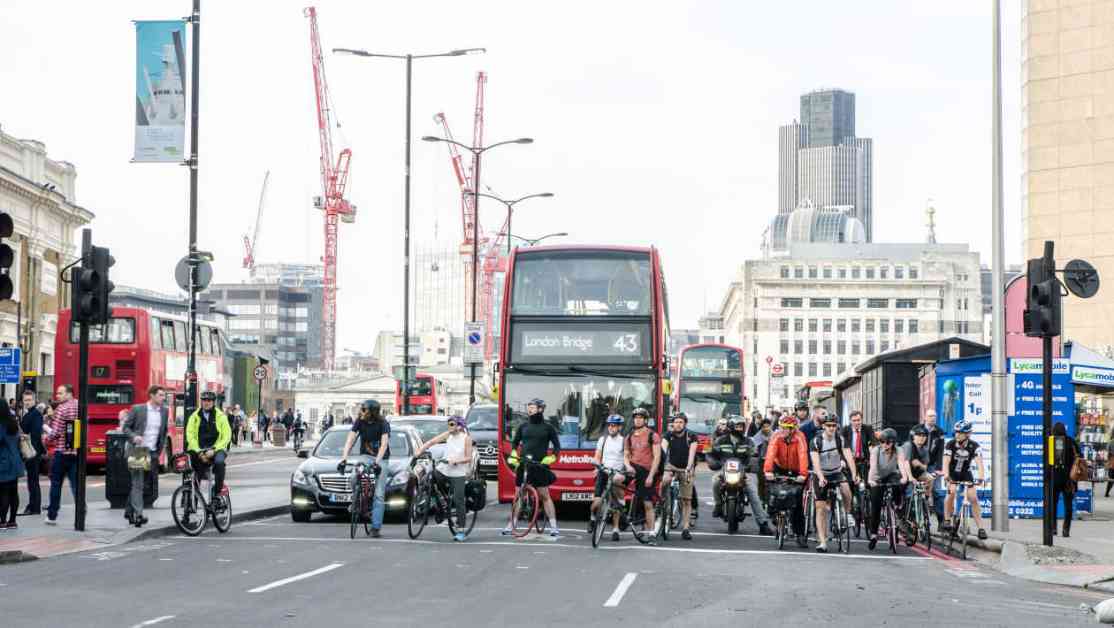Transport Secretary Mark Harper has introduced a new legislation called the ‘Backing Drivers Bill’ that the Conservatives plan to implement if they win the upcoming election. This bill aims to set apart Conservative policies from those of the Labour party with specific measures catering to voters who rely heavily on cars for transportation in towns and villages across the UK.
Harper criticized Labour for being too focused on cities and lacking understanding or concern for drivers. He highlighted Labour’s policies in Wales, such as the universal 20mph speed limit and the prohibition of new road constructions, as anti-driver measures. Harper also condemned Sadiq Khan’s decision to expand the Ultra Low Emission Zone (ULEZ) to Greater London, labeling it as an intrusive tax on drivers enforced through extensive surveillance.
The Conservative proposal includes three primary policies. Firstly, the ban on any form of pay-per-mile scheme, despite recommendations from the Transport Select Committee to consider road pricing as a revenue-generating option amidst the shift to electric vehicles. Secondly, the bill seeks to reverse the extension of the ULEZ in Greater London, which was implemented by the Labour mayor. Lastly, it aims to give local residents the power to vote on Low Traffic Neighbourhoods and 20mph speed limit schemes.
In response, Labour dismissed the Conservative initiative, emphasizing their commitment to addressing issues such as potholes, high car insurance costs, and transport infrastructure delays. Labour plans to involve local communities in decisions regarding traffic measures and school safety, rather than centralizing control in Westminster.
The political back and forth between the two major parties underscores the importance of transportation policies in the upcoming election. While the Conservatives focus on empowering drivers and limiting certain restrictions, Labour aims to tackle broader issues affecting motorists across the country.
In the midst of these political promises and debates, it is crucial for voters to stay informed about the different proposals and their potential impact on daily life. Whether it’s concerns about road pricing, environmental policies like ULEZ, or the quality of local road infrastructure, understanding each party’s stance can help individuals make informed decisions at the ballot box.
As the election approaches, both parties are expected to further outline their transportation agendas, making it essential for voters to critically evaluate the proposed policies and their implications for drivers and communities nationwide. By staying engaged with the political discourse surrounding transportation, voters can play an active role in shaping the future of mobility in the UK.










